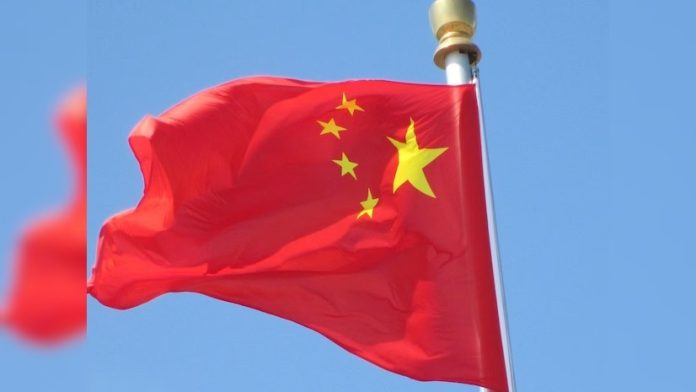China’s sweeping anti-corruption campaign has claimed another high-prole
gure with the surrender of Zhang Jianhua, a senior former ofcial in the
agency that oversees the country’s powerful defense industry. Zhang, 64, is
now under investigation for “serious violations of discipline and law,”
according to the Central Commission for Discipline Inspection, the
Communist Party’s top graft watchdog—a phrase routinely used in corruption
cases.
Zhang’s career spans more than three decades in China’s defense science and
technology sector. Most notably, he served as deputy director of the State
Administration of Science, Technology and Industry for National Defence
(SASTIND), the agency responsible for critical programs in nuclear
technology, aerospace, aviation, and naval systems. He also held a concurrent
role as deputy director of the China Atomic Energy Authority from 2018 until
his departure in 2021.
The allegations come at a time of intensied scrutiny within China’s defense
and military establishment. Dozens of generals and executives have been
purged in recent years, with investigations reaching deep into major stateowned defense contractors. These include giants such as the China Aerospace
Science and Technology Corporation and the China National Nuclear
Corporation, reecting a broader push to root out systemic corruption in
industries considered vital to national security.
Zhang’s long-standing role as a gatekeeper between research and production
made him a powerful gure. Between 2005 and 2009, he led SASTIND’s center
for military-civil project review, a critical post responsible for linking
scientic innovation to weapons manufacturing. In 2018, he publicly
advocated for greater civilian applications of nuclear technology and
remained active in promoting military-civilian tech transfers up until his last
public appearance on May 7.
His surrender is part of a trend that has swept aside numerous senior ofcials
in recent months. Two of Zhang’s former superiors—SASTIND Director Zhang
Kejian and Industry Minister Jin Zhuanglong—have also vanished from the
public eye and been quietly removed from their posts, though it remains
unclear whether they are under formal investigation.
The campaign has not spared the highest ranks of the military either. Two
former defense ministers, Li Shangfu and Wei Fenghe, have been dismissed
without explanation, reinforcing suspicions of deep-rooted corruption at the
top of the Chinese armed forces.
Zhang’s downfall marks another step in a relentless purge reshaping the
leadership of China’s defense-industrial complex. As the crackdown expands,
it is sending a clear message: even those at the core of China’s strategic and
military machine are not beyond the reach of the party’s disciplinary grip.








































